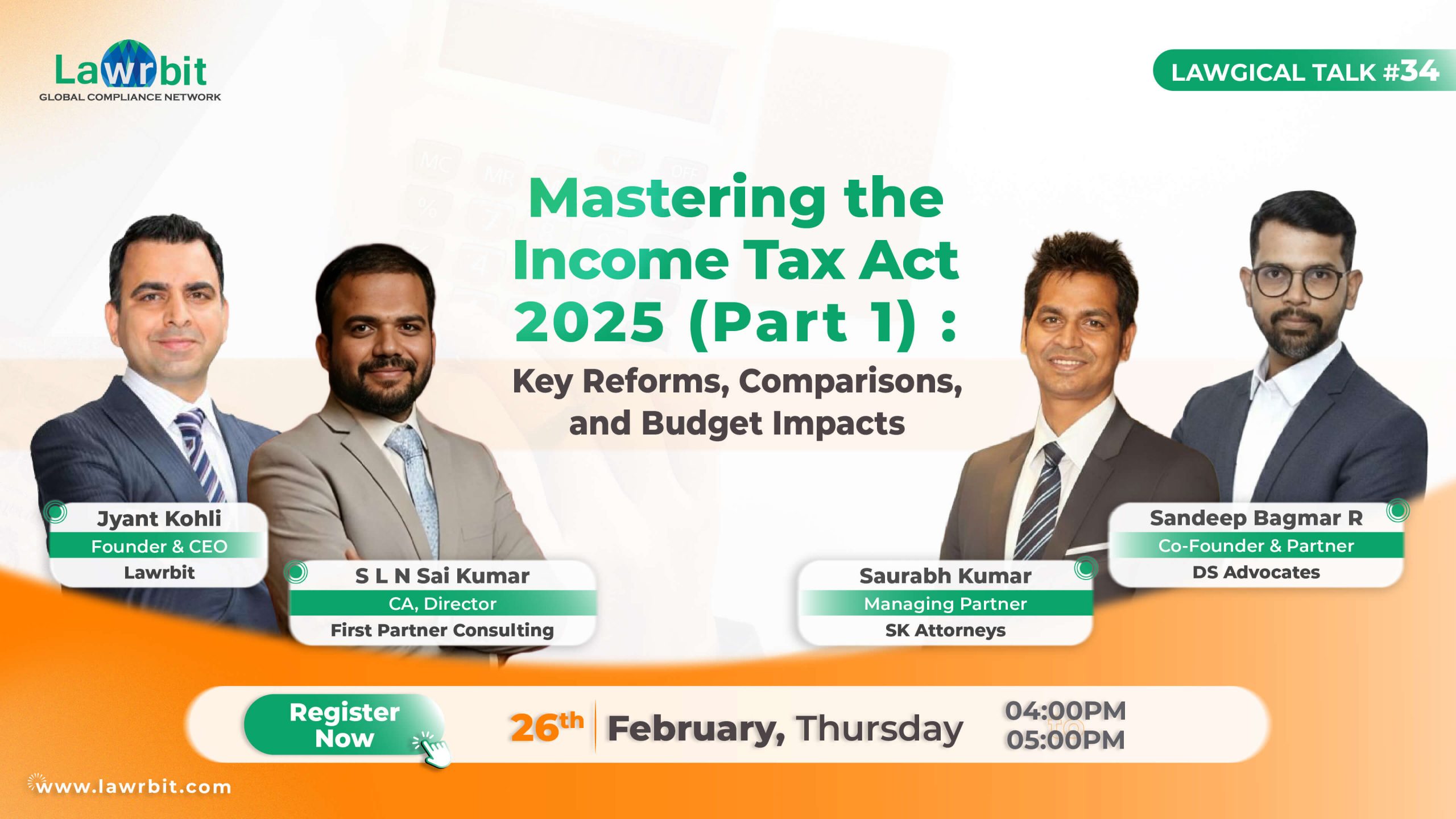Introduction
On August 29, 2025, the Central Government of India in exercise of its powers under Section 3(1), Section 3(2)(v), Sections 6, 20, and 25 of the Environment (Protection) Act, 1986, read with Rule 5(3)(d) of the Environment (Protection) Rules, 1986, notified the Environment Audit Rules, 2025.
The Environment Audit Rules, 2025 establish a structured framework for certification, registration, and regulation of environmental auditors. They aim to strengthen environmental governance by ensuring that only qualified and registered professionals can independently audit environmental compliance across industries and projects.
This marks a shift from reactive enforcement to a proactive, expert-led audit mechanism that supports India’s broader goals on climate action, ESG frameworks, and green financing.
Statutory Basis and Intent
The Environment Audit Rules, 2025 were formulated in recognition of the need for continuous oversight of projects, processes, and activities under key legislations including:
- Environment (Protection) Act, 1986
- Air (Prevention and Control of Pollution) Act, 1981
- Water (Prevention and Control of Pollution) Act, 1974
- Van (Sanrakshan Evam Samvardhan) Adhiniyam, 1980
- Wild Life (Protection) Act, 1972
The government clarified that environmental audits are not a substitute for statutory inspections but a complementary tool to strengthen compliance, ensure effective safeguards, and facilitate actions under frameworks like Green Credit Rules, 2023, ESG disclosures, Ecomark certification, and carbon trading.
Scope and Applicability of Environment Audit Rules, 2025
The Environment Audit Rules, 2025 apply to the following range of stakeholders:
- Certified Environment Auditors (CEAs)
Individuals who meet specified eligibility criteria and qualify through a National Certification Examination or via Recognition of Prior Learning (RPL). These auditors are certified by a government-notified Environment Audit Designated Agency (EADA). - Registered Environment Auditors (REAs)
Certified auditors, either individuals or firms, who are registered with the Environment Audit Designated Agency (EADA) and authorized to conduct environmental audits. Registered Environment Auditors (REAs) are responsible for auditing projects subject to environmental laws, including those requiring:- Environmental Clearance (EC)
- Coastal Regulation Zone (CRZ) compliance
- Extended Producer Responsibility (EPR)
- Green Credit verification
- Waste management audits
-
Project Proponents
Industries, infrastructure developers, and any other entities undertaking activities that require environmental clearance or adherence to environmental norms. They are obligated to engage Registered Environment Auditors (REAs), provide access for audits, and ensure full cooperation during inspections. -
Regulatory Authorities
Central and State Pollution Control Boards (CPCB, SPCBs), Pollution Control Committees (PCCs), and the Ministry of Environment, Forest and Climate Change (MoEF&CC) may assign audit duties to Registered Environment Auditors (REAs) and oversee compliance actions based on audit findings.
Key Features and Roles under the Environment Audit Rules, 2025
-
Establishment of Environment Audit Designated Agency (EADA)
The EADA will be the central authority responsible for:- Certifying and registering auditors
- Conducting examinations
- Monitoring audit performance
- Facilitating training and capacity building
- Maintaining an online public register of auditors
-
Mandatory Certification and Registration
Environmental audits can only be conducted by Certified and Registered Environment Auditors, thereby formalising and professionalising the audit process. This marks a major shift from ad hoc or voluntary audit mechanisms. -
Defined Roles and Responsibilities of Registered Environment Auditors (REAs)
Registered Environment Auditors (REAs) are empowered to:- Conduct audits of emissions, effluents, and waste
- Assess the performance of pollution control systems
- Report non-compliance and compute environmental compensation
- Verify self-compliance reports
- Undertake assignments from Central Pollution Control Board (CPCB), State Pollution Control Boards (SPCBs), or project proponents
-
Legal Enforcement and Access Rights
Registered Environment Auditors (REAs) have the legal authority to enter premises, collect samples, and inspect environmental records. Project proponents are legally required to provide necessary access and cooperation. -
Integration with Green Initiatives
Registered Environment Auditors (REAs) may be tasked with verifying activities under the Green Credit Rules, 2023, Ecomark certification, and other green policy tools. This integration aims to ensure that green claims are verifiable, credible, and transparently audited.
Regulatory Impact and Compliance Preparedness for Indian Industries
The introduction of Environment Audit Rules, 2025 reflects the government’s intent to create an ecosystem of accountability and third-party verification. Key implications include:
For Industries:
- Greater scrutiny of environmental performance
- Need to maintain up-to-date documentation and compliance evidence
- Risk of penalties or corrective actions based on audit findings
- Obligation to cooperate with registered auditors
For Environmental Professionals:
- New career and certification pathway
- Need for continuous capacity building and ethical conduct
- They are accountable to the EADA and regulatory bodies.
Conclusion
The Environment Audit Rules, 2025 represent a paradigm shift in India’s environmental compliance architecture, marking a shift from reactive enforcement to a proactive, structured, and expert-led audit framework. By institutionalising the role of certified and registered auditors, the government aims to enhance transparency, improve compliance, and foster a culture of environmental responsibility.
As Environment Audit Rules, 2025 come into effect, industries, auditors, and regulatory agencies must collaborate to implement them effectively—ensuring that environmental protection is not just a legal obligation but an operational imperative.
Disclaimer
The information provided in this article is intended for general informational purposes only and should not be construed as legal advice. The content of this article is not intended to create and receipt of it does not constitute any relationship. Readers should not act upon this information without seeking professional legal counsel.



